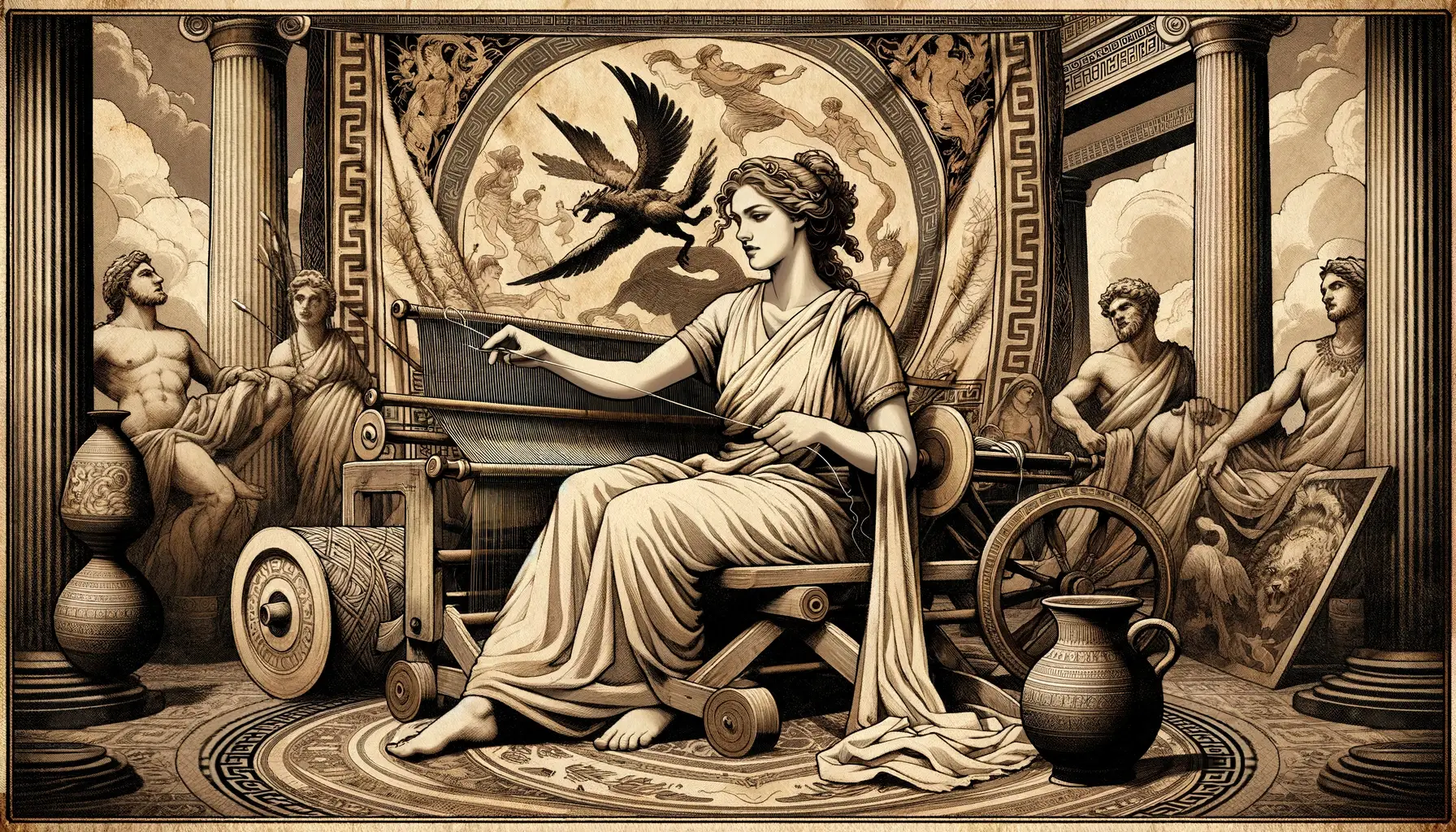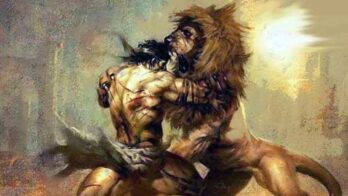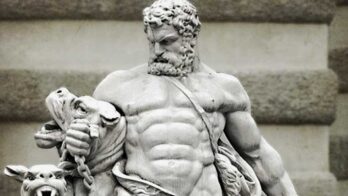The legend of Arachne, a tale woven into the rich tapestry of Greek mythology, stands as a poignant narrative about pride, skill, and transformation. At the heart of this legend is Arachne, a figure renowned for her unparalleled weaving talent. This story not only explores the intricacies of human emotion and divine intervention but also serves as a cautionary tale about the consequences of hubris.
The Beginnings: Arachne's Talent
In the verdant landscapes of Lydia, a region steeped in cultural richness in what is now modern-day Turkey, Arachne’s story begins. She was born to an ordinary family, far removed from the opulence of Olympian gods or the splendor of noble lineage. However, what set Arachne apart was her extraordinary talent in weaving. Her fingers danced over the loom with such grace and precision that the fabrics she created seemed to defy the very laws of artistry. The tapestries she wove were not mere cloth but living stories, capturing the essence of nature, the drama of human emotion, and the grandeur of mythical tales. This exceptional skill brought her fame, attracting admirers from both mortal realms and the enchanted abodes of nymphs, who watched her weave with rapt attention, marveling at her artistry.
The Fateful Challenge
Arachne’s growing pride in her art was the kindling for her eventual downfall. Her claim of surpassing Athena in weaving was more than just a boast; it was a direct affront to the divine order. Athena, as the goddess of wisdom and crafts, held a sacred place in the hearts of the Greeks, especially in the realm of weaving and artistic endeavors. Disguised as an elderly woman, Athena approached Arachne with a blend of wisdom and concern, offering her a chance to recant her statement and acknowledge the superiority of the gods. Yet, Arachne’s confidence, bordering on arrogance, blinded her to the danger of her situation. She not only refused Athena’s counsel but also challenged the goddess to a contest, a decision that would seal her fate. This confrontation was not just a test of skill, but a clash between mortal audacity and divine authority.
The Weaving Contest
The contest that ensued between Arachne and the goddess Athena was a spectacle of unparalleled skill and divine drama. Athena’s tapestry was more than a mere display of art; it was a narrative of divine power and the consequences of mortal hubris. Each thread spun by the goddess told stories of humans who had dared to challenge the gods and faced their wrath. It was both a warning and a display of celestial might. Arachne’s response, however, was bold and unflinching. Her tapestry depicted the gods, not in their glory, but in their moments of weakness and moral failings. It was a daring critique of the divine, showcasing events where gods had deceived and manipulated mortals. The beauty of her work was undeniable, yet it was a beauty born from defiance and a fearless challenge to the established order of the cosmos.
The Transformation
The outcome of the contest was a pivotal moment in the legend. Athena’s rage upon witnessing Arachne’s work was a storm of divine fury. The goddess’s actions – destroying the tapestry and striking Arachne – were swift and merciless. Arachne’s subsequent despair and her tragic decision to end her life by hanging was a stark reminder of the fragile nature of human pride.
Fueled by guilt and by the loss of a great talent, Athena decided to restore Arachne’s life and to transform her into the world’s first spider, hanging as she now was from a thread of glorious silk. The transformation of Arachne into a spider was a complex act, intertwining punishment with a twisted form of mercy. In this new form, Arachne would continue her daily weaving for all eternity, a constant reminder of her skill but also a testament to the cost of hubris. The spider, spinning its web, became a symbol of both artistic brilliance and the perils of overreaching ambition.
Legacy and Interpretation
The legend of Arachne holds a multifaceted significance in the annals of Greek mythology. It’s a narrative that intertwines themes of human skill, divine power, and the consequences of pride. The story is a reflection of the Greek cultural values that revered artistic skill but also emphasized the importance of humility and respect for the gods. Over the centuries, the tale of Arachne has been revisited and reinterpreted, each time offering new insights into human nature and the relationship between the mortal and the divine. It’s a story that transcends time, reminding us of the enduring power of myths in understanding the human experience.
For further exploration of this fascinating myth, I recommend “The Greek Myths” by Robert Graves and “Mythology: Timeless Tales of Gods and Heroes” by Edith Hamilton. These sources provide a comprehensive understanding of Greek mythology, including the story of Arachne. Additionally, Theoi.com is an excellent online resource that offers detailed descriptions and analyses of various Greek myths.
By diving into these resources, one can gain a deeper appreciation of Arachne’s story and its place in the rich tapestry of Greek mythology. The legend of Arachne continues to captivate and educate, a timeless tale weaving together the threads of artistry, pride, and transformation.
At Ancient Theory we only use trusted sources to document our articles. Such relevant sources include authentic documents, newspaper and magazine articles, established authors, or reputable websites.






